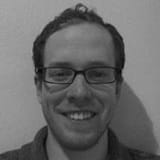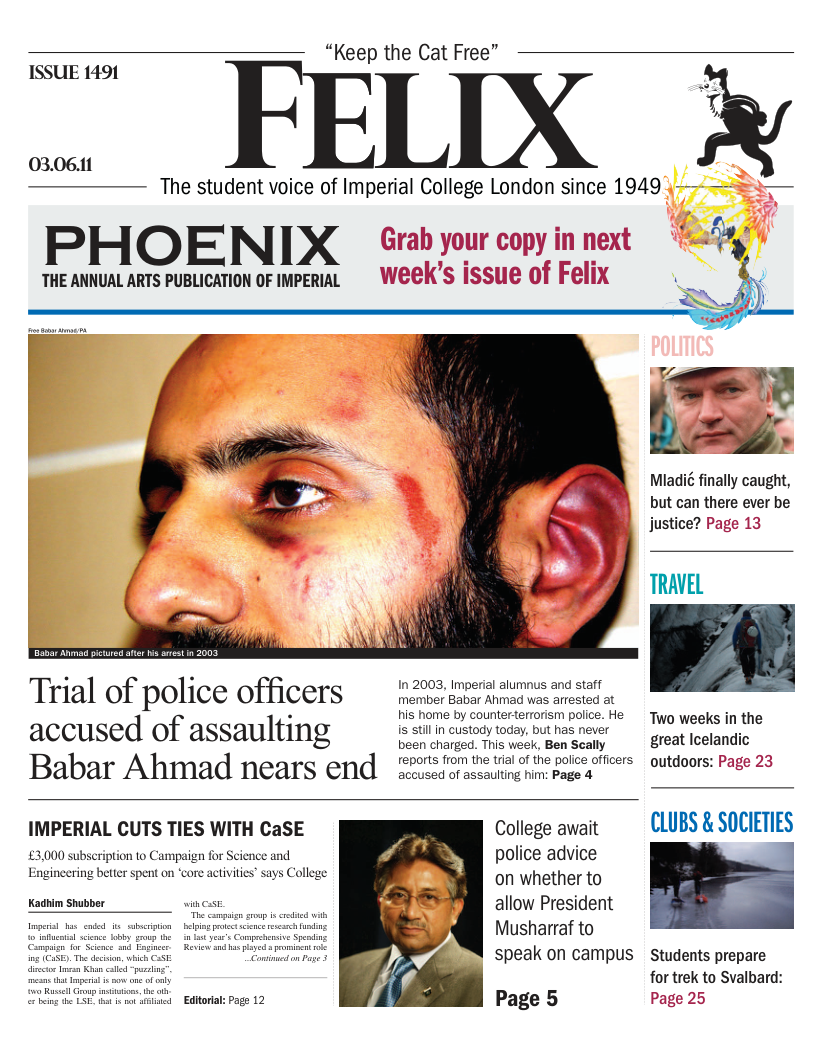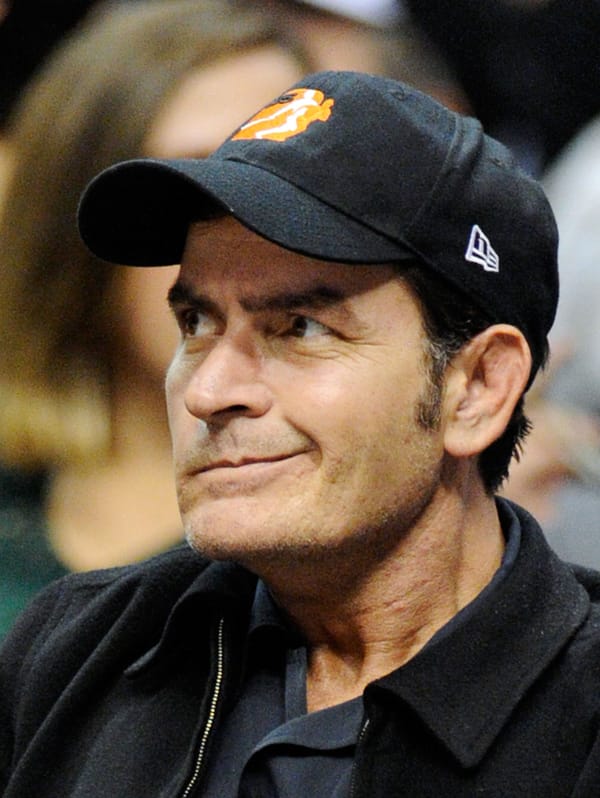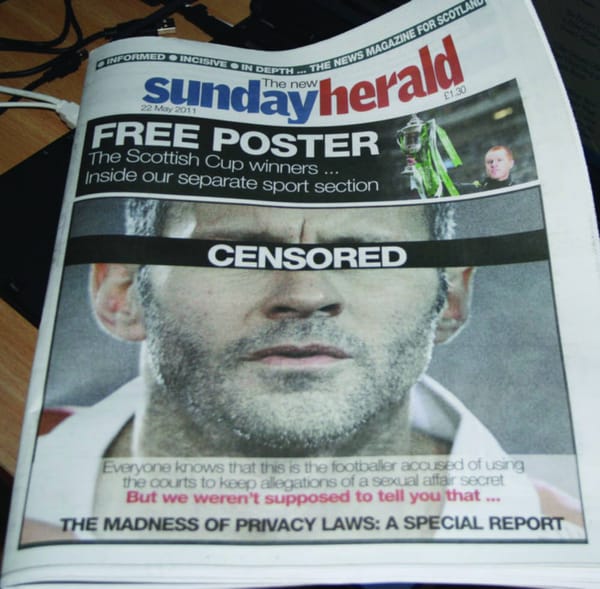When conflict begets wisdom
There are some who are strong enough to forgive
Two years ago, on a January afternoon, an Israeli shell hit Dr. Izzeldin Abuelaish’s home in Gaza, killing three of his daughters and his niece. Nothing can replace the hole left in his life by that shell. Yet the Harvard educated gynaecologist stood in front of the Imperial College Israeli Society in March and proclaimed that “good deeds, wisdom and good works” were the only weapons he wanted. His war wasn’t against those who took his daughters away, but with himself. “Hate”, he said, “hate was my greatest enemy. I knew I would only drown in it; I had to look beyond”.
This was one of the most affecting and inspiring events I have ever attended at this college. The calm prose of this bereaved father confers a soft euthanasia on the anger of armchair Hamas supporters, who too often dominate the Israel-Palestine debate in this country. “We must understand the radicals, and show them compassion. It is for each individual to understand that justice for them can only come from justice for the other side.”
Abuelaish’s call for an abandonment of “labels” and an acceptance of “human, universal values” resonates across all conflict areas. How curious, and telling, that from apartheid South Africa to Troubles-ridden Northern Ireland, it is those who have lost the most who refuse to return eye for eye. Abuelaish’s daughter is blind in one eye and has had to learn to write with her left hand, the right paralysed. But after seeing her struggle, and succeed, he has determined to provide scholarships for young girls, both Palestinian and Israeli, to complete their education. This Nobel Peace Prize nominee’s story provides hope for those despairing that Gaza is stuck in a spiral of revenge.
In refusing to bow to ideology, Abuelaish stands for the revolution that isn’t summed up in a slogan or fought with guns, but humbly grounded in human experience and waged in the heart. His belief that honest experience should be placed before ideology stands in stark contrast to the suicide bomber or soldier who values his own life and that of his victims less than some principle. “The most Holy thing in the world”, Abuelaish told his audience, “is human freedom”.
At the start of the Easter break, a Catholic police officer was killed by dissident republicans in my home country of Northern Ireland. In the past, an attack like this would be followed by revenge attack after revenge attack. But this Easter was different. Politicians from all parties attended the funeral. For some, this was the first Catholic mass they had ever attended. The parents of the dead officer were unequivocal in their response; this death must be the last.
Mercifully, none of us is ever likely to be called upon to express quite the same degree of forgiveness and compassion as Dr Abuelaish or the parents of PC Kerr but the same spirit can inform the way we live our daily lives.
For two weeks from the 8th June, the Chaplaincy will host an exhibition entitled “Forgiveness” in Sherfield. Featuring photographs of people from conflict zones all over the world, from Northern Ireland to South Africa, covering people of all religious faiths and none, the exhibition will be a powerful testimony to forgiveness. All are very welcome to attend.
Although he is a devout Muslim, I hope Dr Abuelaish wouldn’t mind my expressing the core of his belief with a quote from the atheist and existentialist philosopher Albert Camus, discussing the search for an absolute ideology; “What need had I of so many efforts? The soft lines of these hills, and the hand of evening on this troubled heart, teach me much more”.








